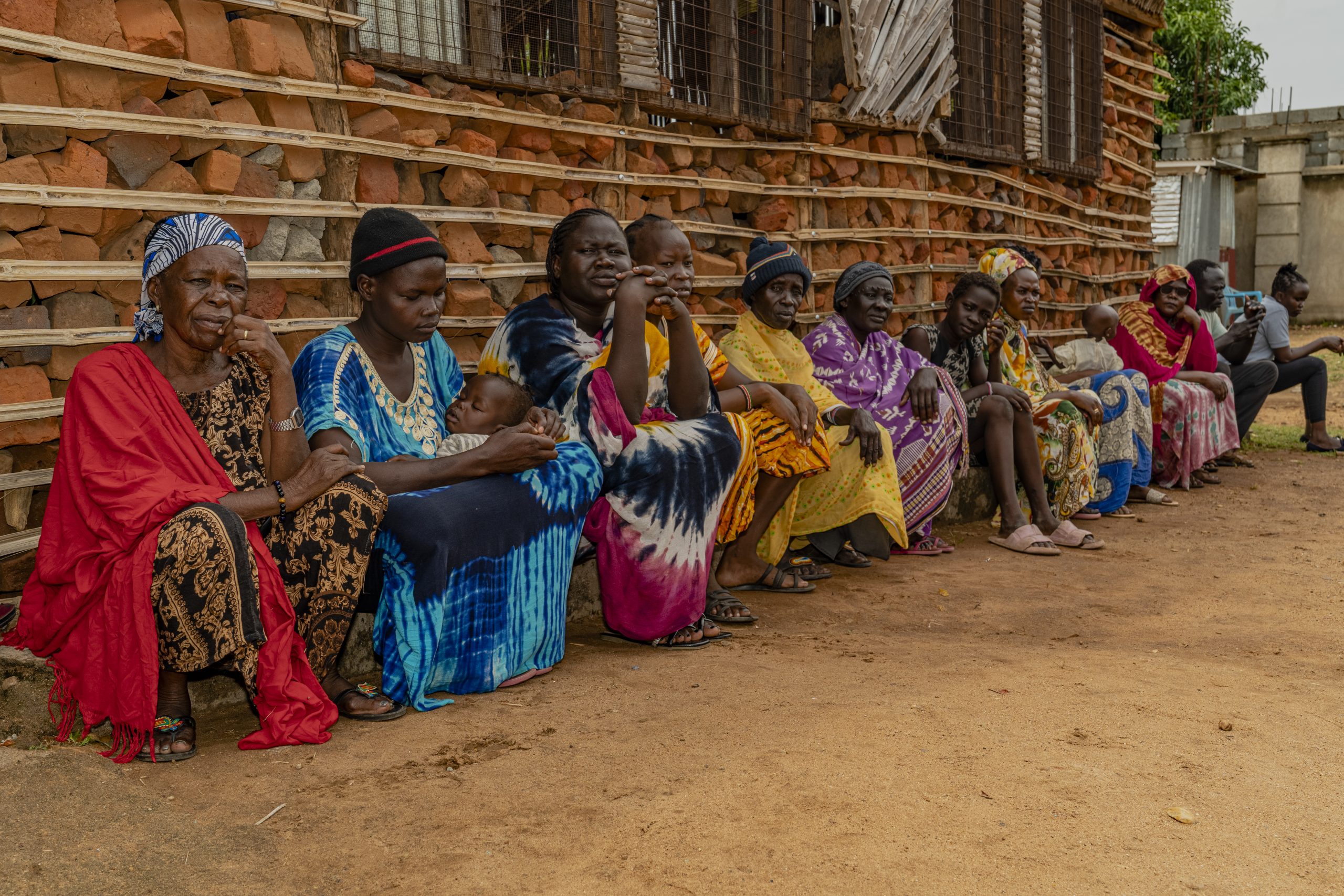AIDN’s core ethos is ‘more’ and ‘better’ global giving and we seek to foster an environment for the discussion and exploration of how we define these terms in an ever-changing international development ecosystem. Alongside our events, webinars and resources, The AIDN Beat is a key way to achieve this goal. The AIDN Beat strives to keep up with the rhythm of the international development sector and cover a broad range of subjects: from innovative development financing, to leading case-studies of programs on-the-ground, to the need for a genuine commitment to localisation.
We are also deeply committed to amplifying diverse voices. Consequently, we accept submissions to The AIDN Beat – so that our dynamic network can shape the discussion too. If you would like to submit content for The AIDN Beat, then we would love to hear from you. Get in touch with us (via hannah@aidnetwork.org.au) and we will share our editorial guidelines.
Subscribers of The AIDN Beat will receive a bi-monthly email where we’ll share recent pieces from The AIDN Beat, alongside curated pieces from other international development platforms and provide a recommendation for a relevant text, film or podcast.
If you’re are not currently signed up to receive The AIDN Beat or our newsletter, you can do so by filling in the form below.
Sign Up
NEWS & RESOURCES
Latest Stories and Developments
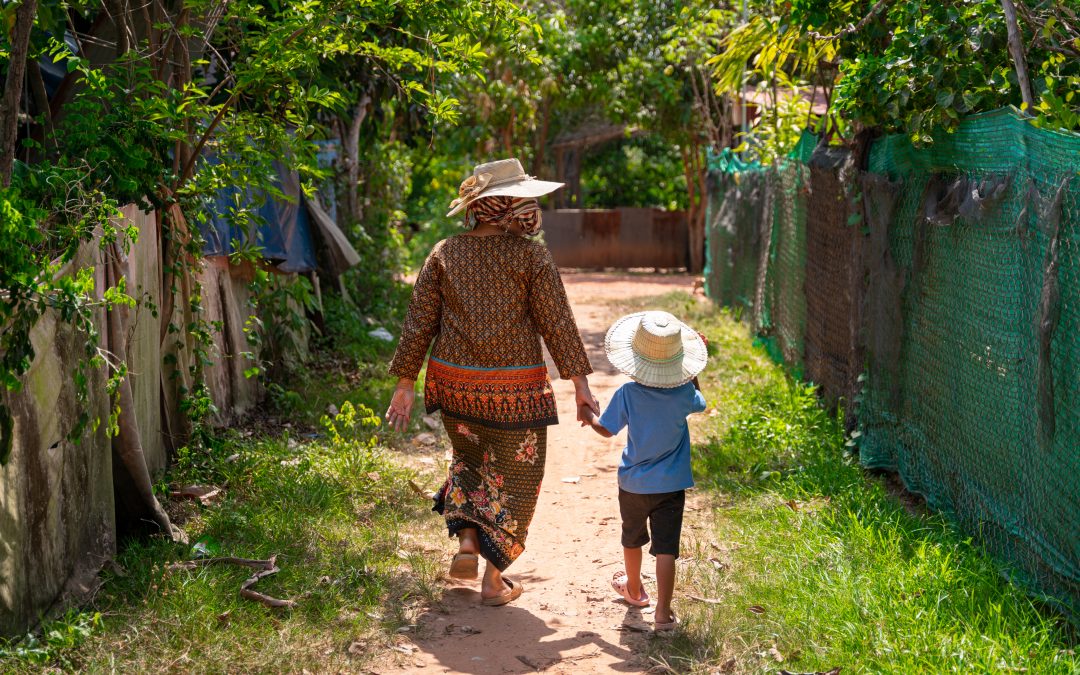
“What’s your Plan B?”: Cambodian civil society is fighting for sustainability amid a donor exodus.
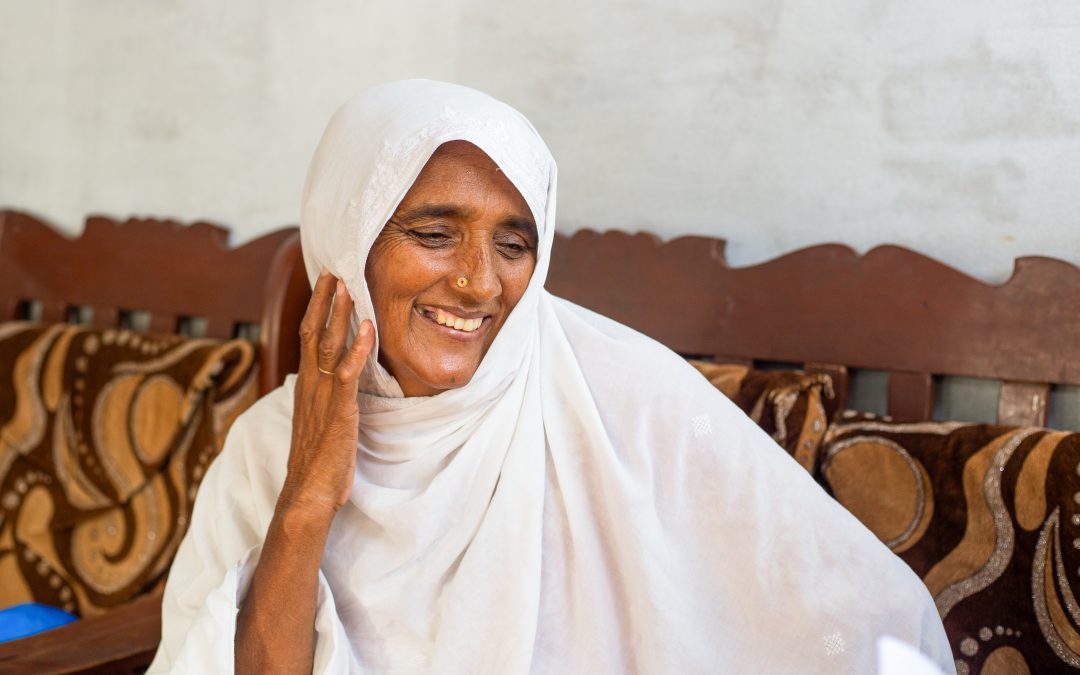
The overlooked link: Building climate resilience through reproductive healthcare.
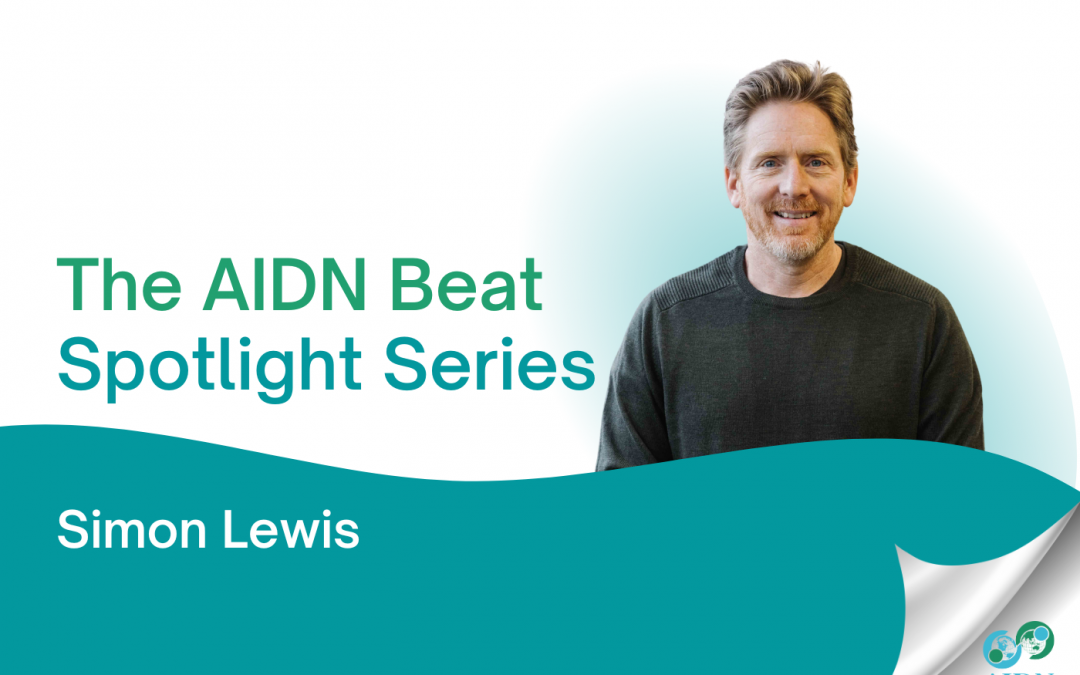
AIDN Beat Spotlight: Simon Lewis
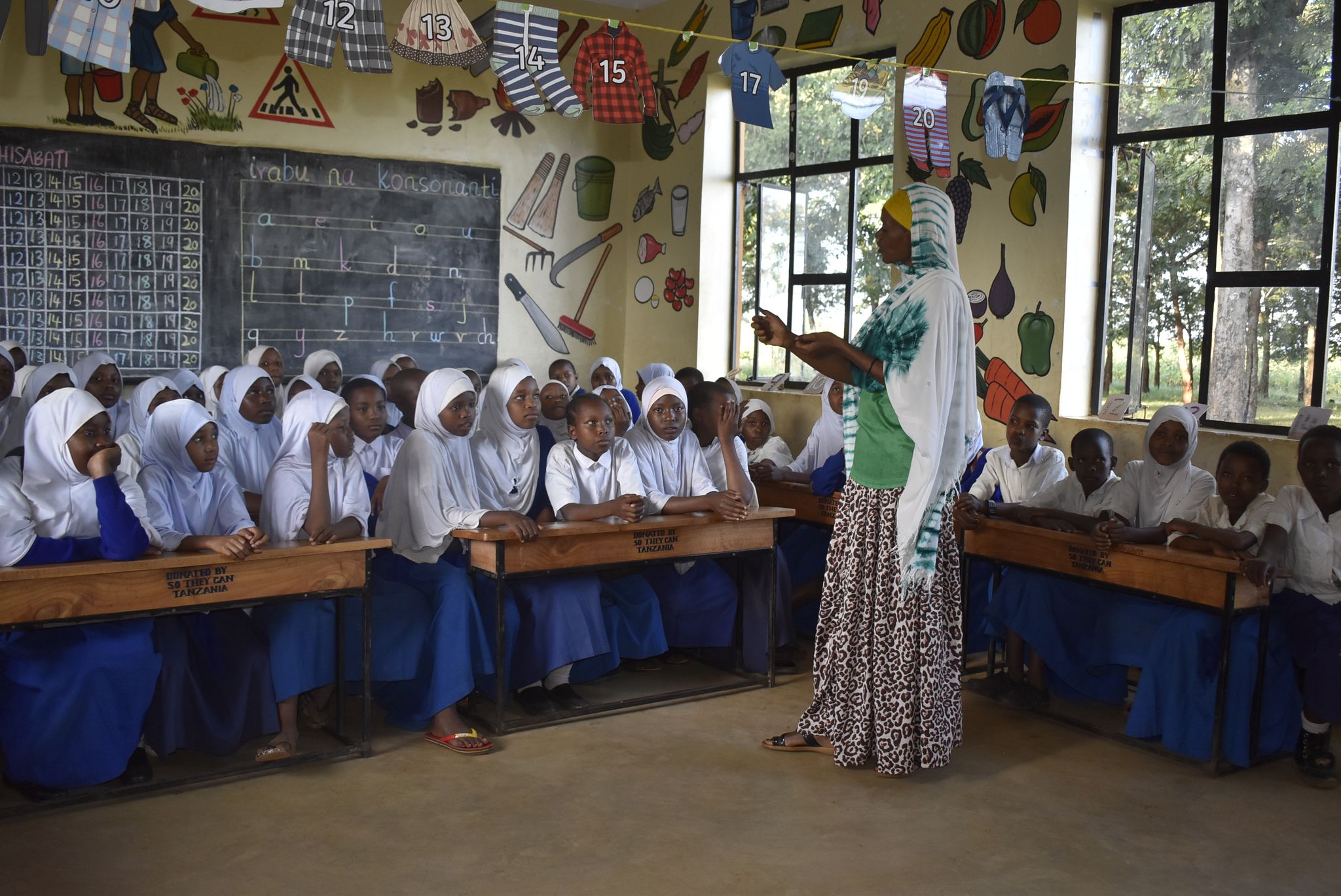
The next key opportunity for Australian aid and development? Scalable investments in African education.
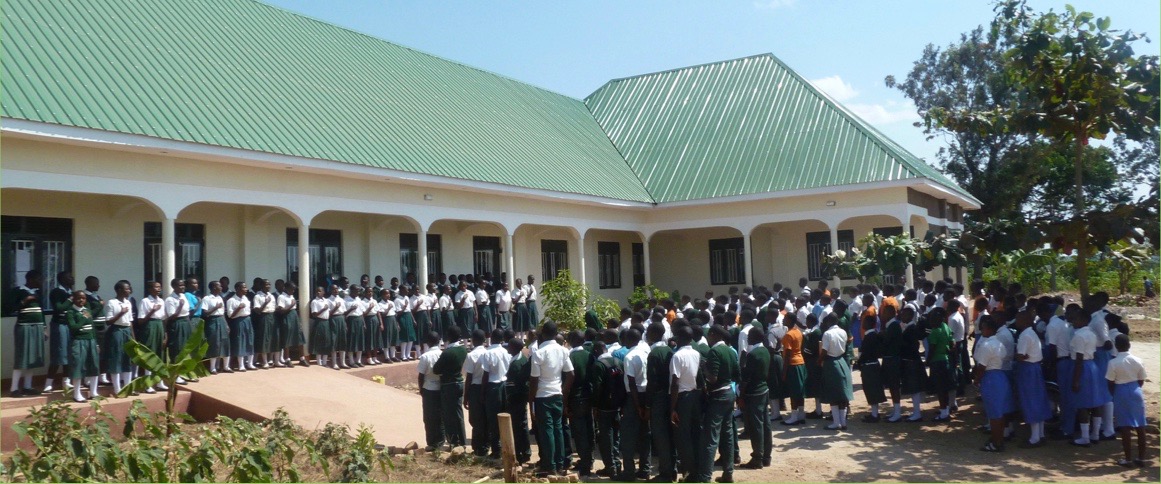
Two continents, one mission: How an Australian-Ugandan partnership sparked transformative change in rural Uganda.
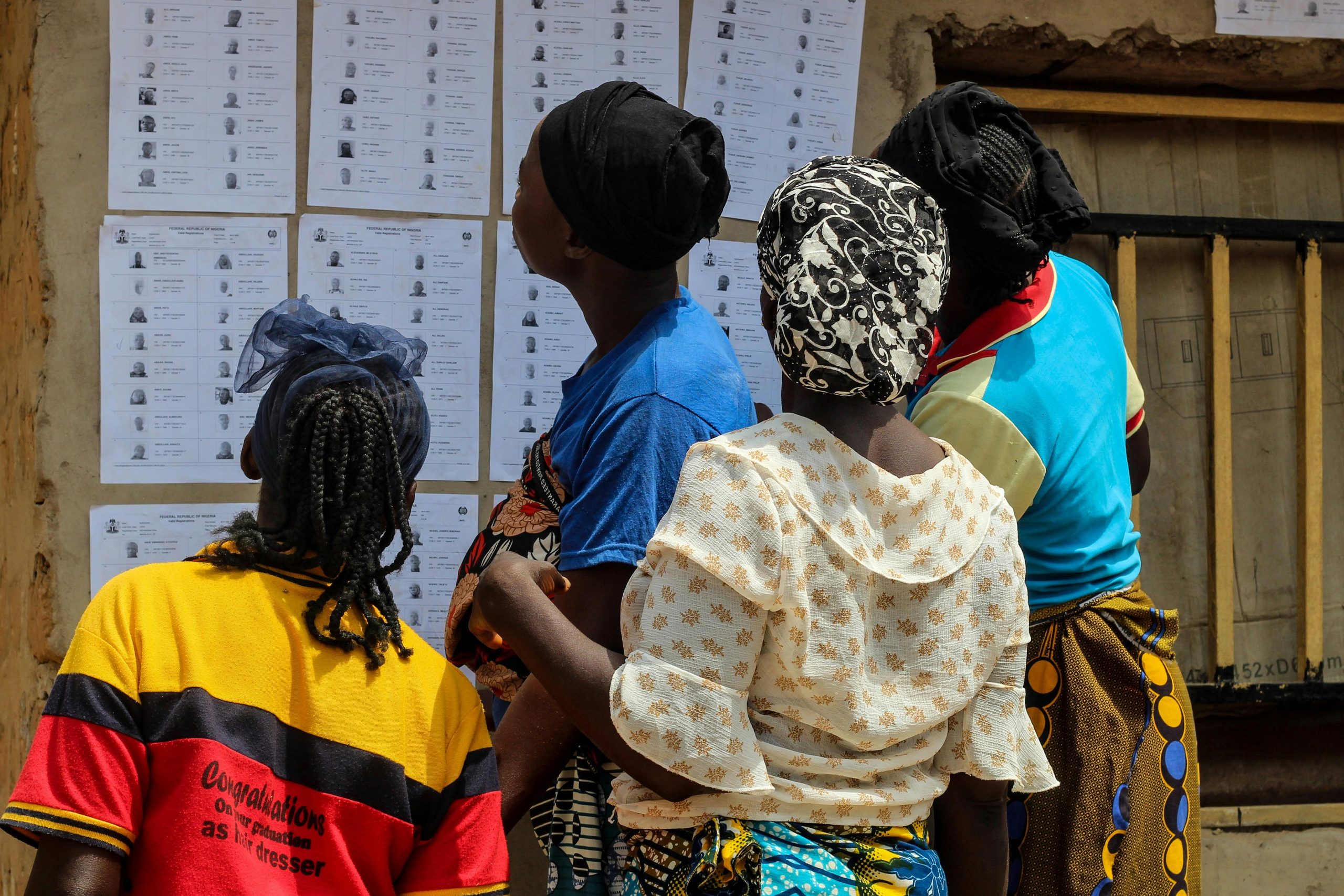
Exercising the governance muscle – why inclusive land governance matters.

Amplifying impact and holding the lines: the case of the Forest Glades centre and Mild Traumatic Brain Injuries in Ukraine.
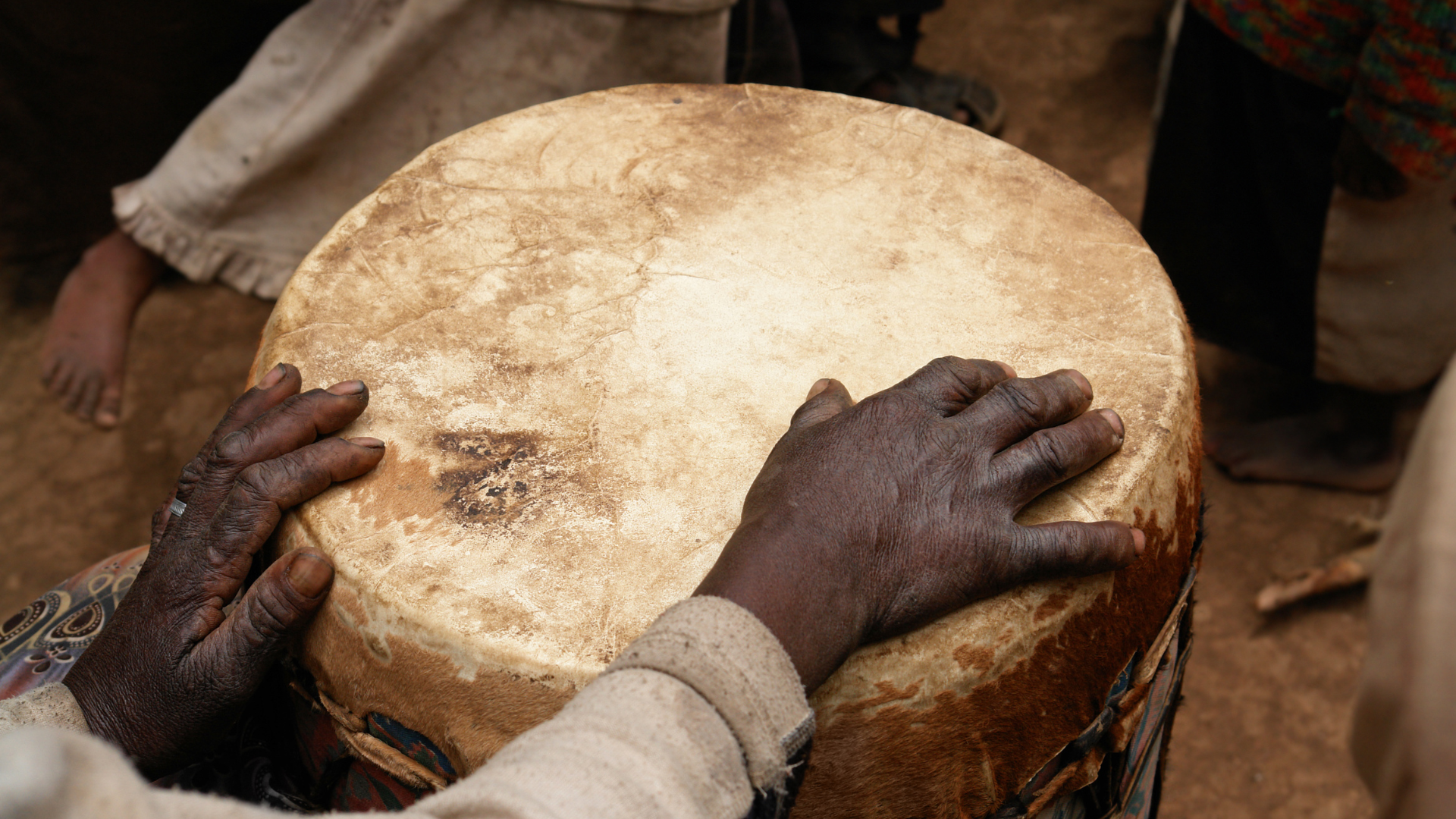
Celebrating one year of The AIDN Beat.
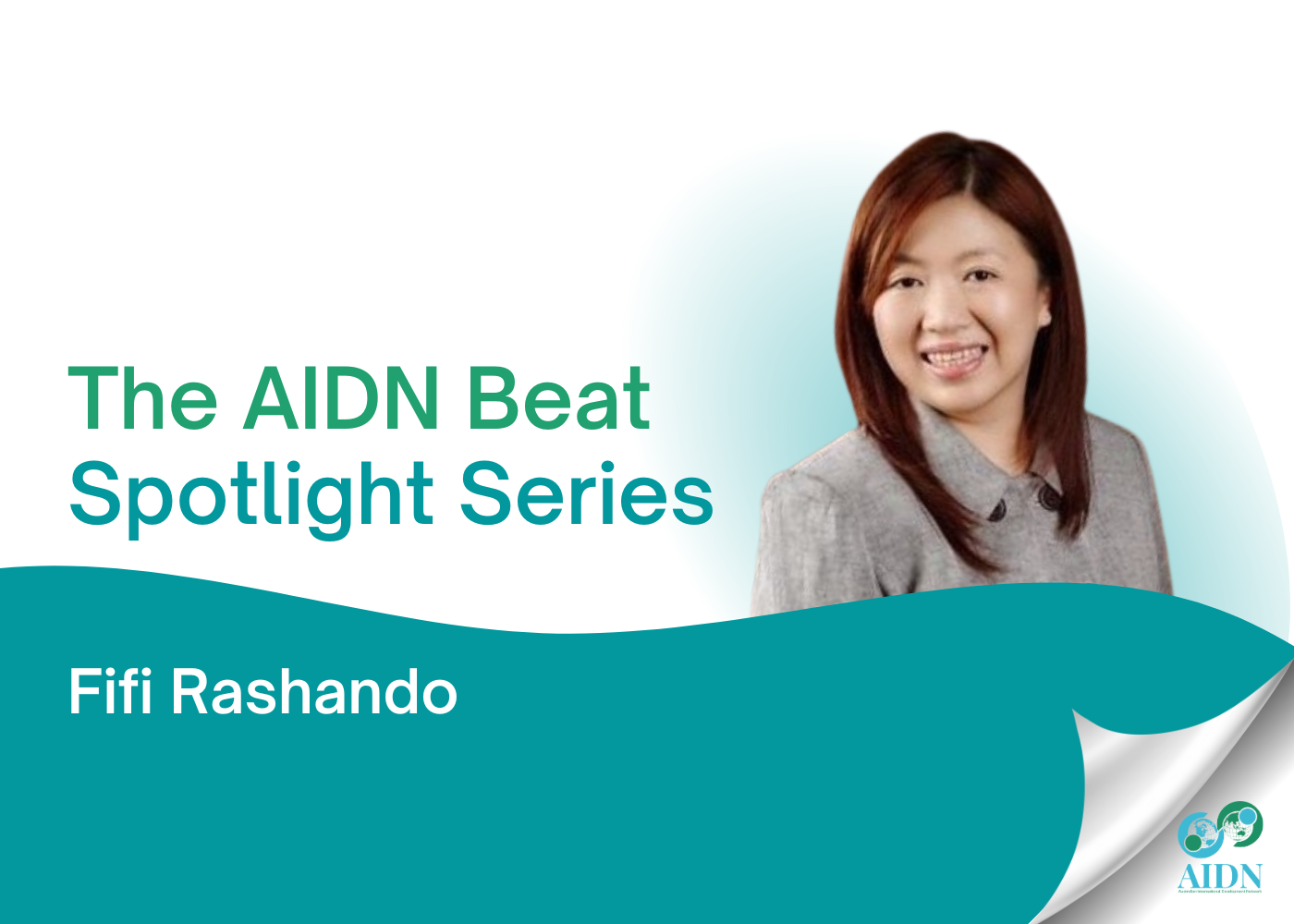
AIDN Beat Spotlight: Fifi Rashando.
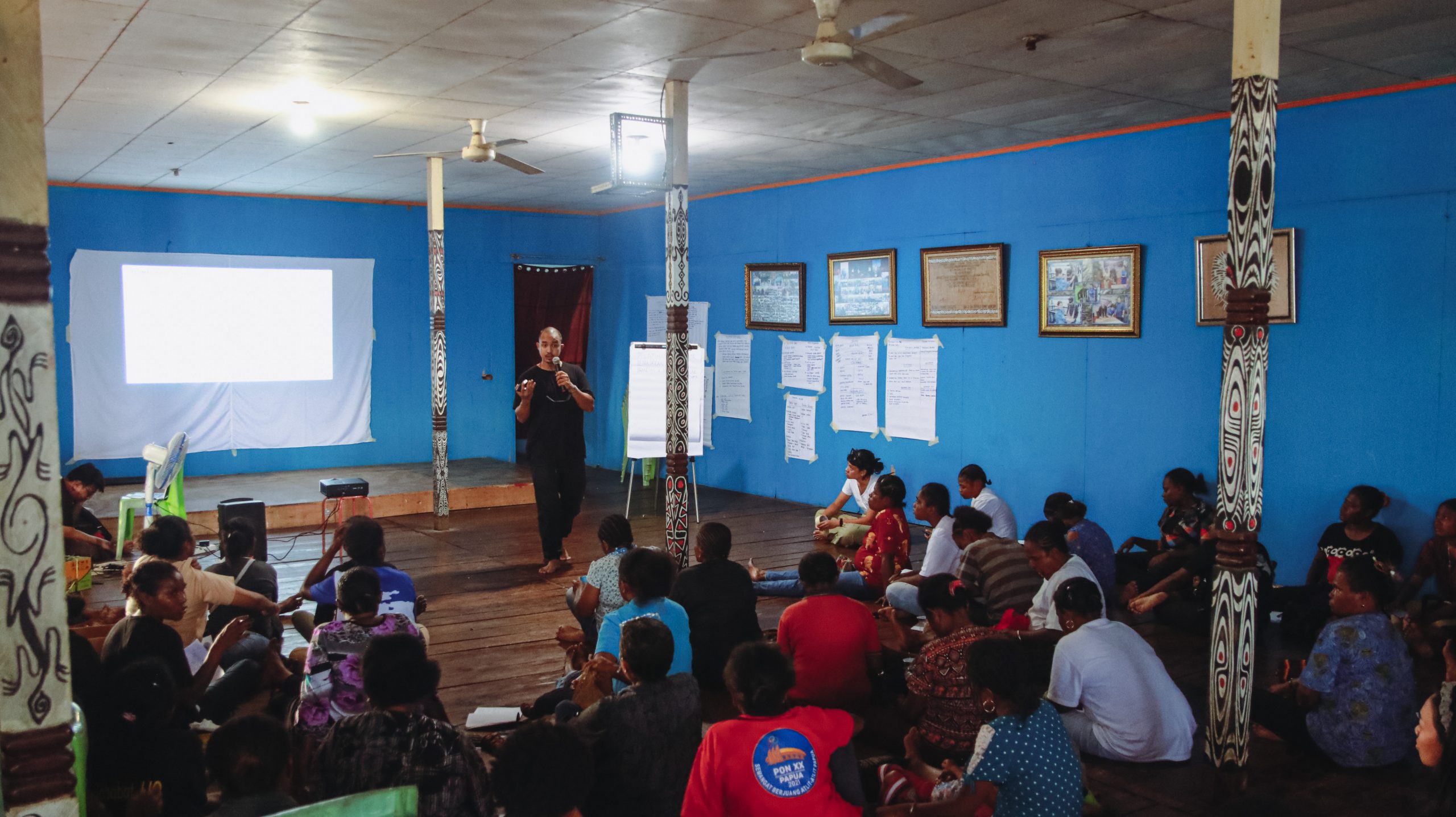
Building shared value for development outcomes: The importance of Cross Sector Development Partnerships (CSPs).
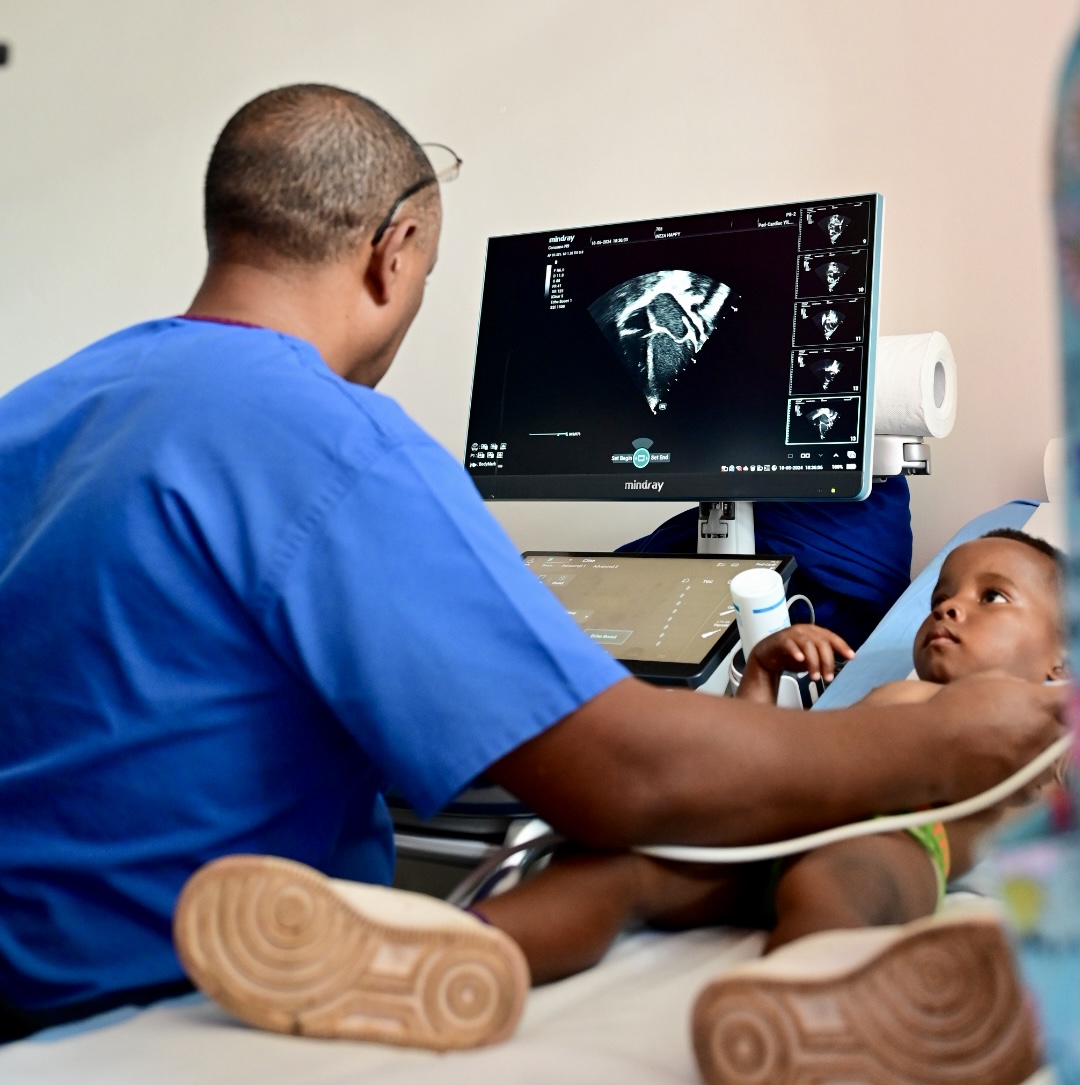
Maximizing the impact of cardiac care in East and Southern Africa: The power of knowledge sharing, specialised training and fostering South-South partnerships.
